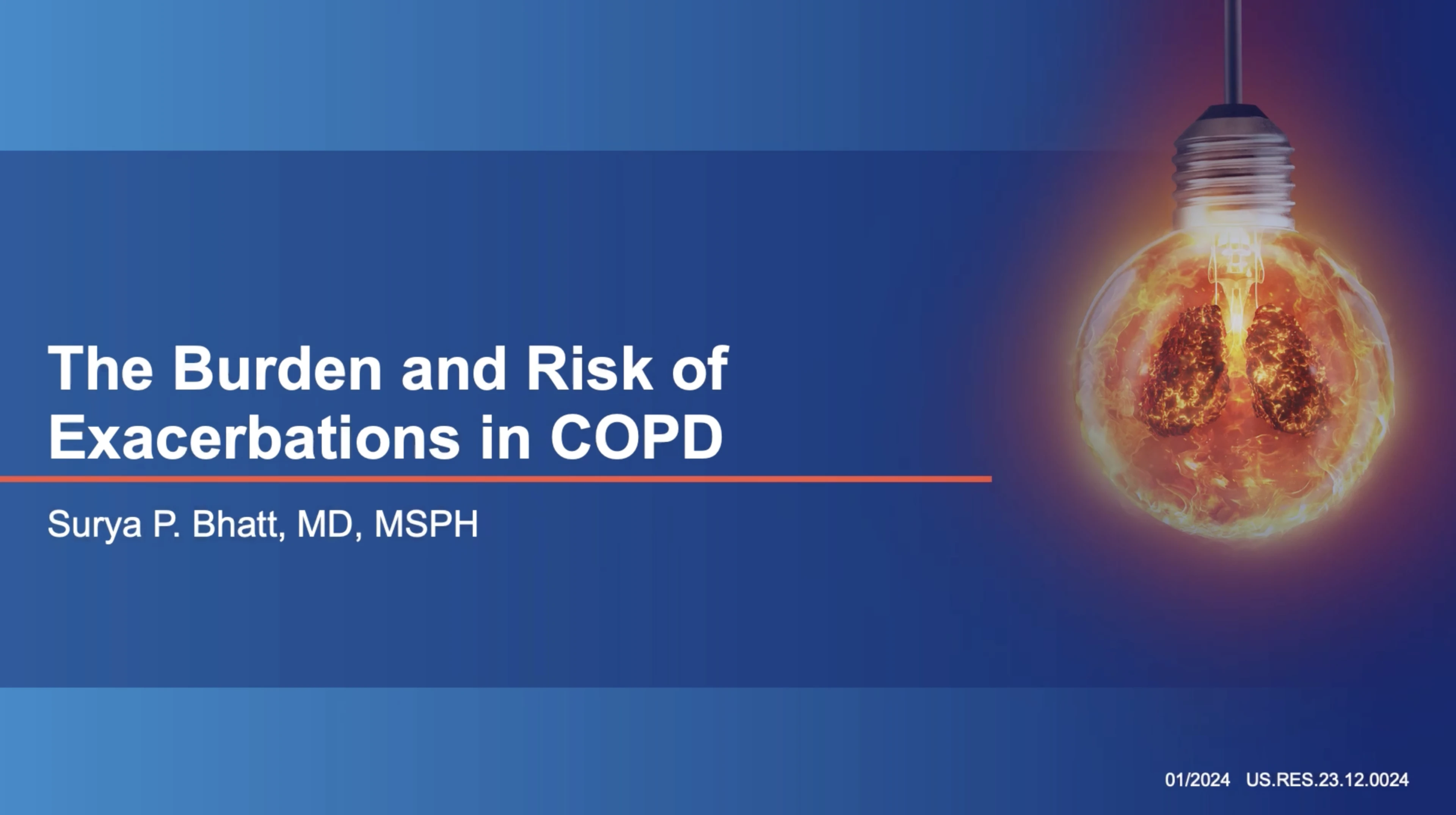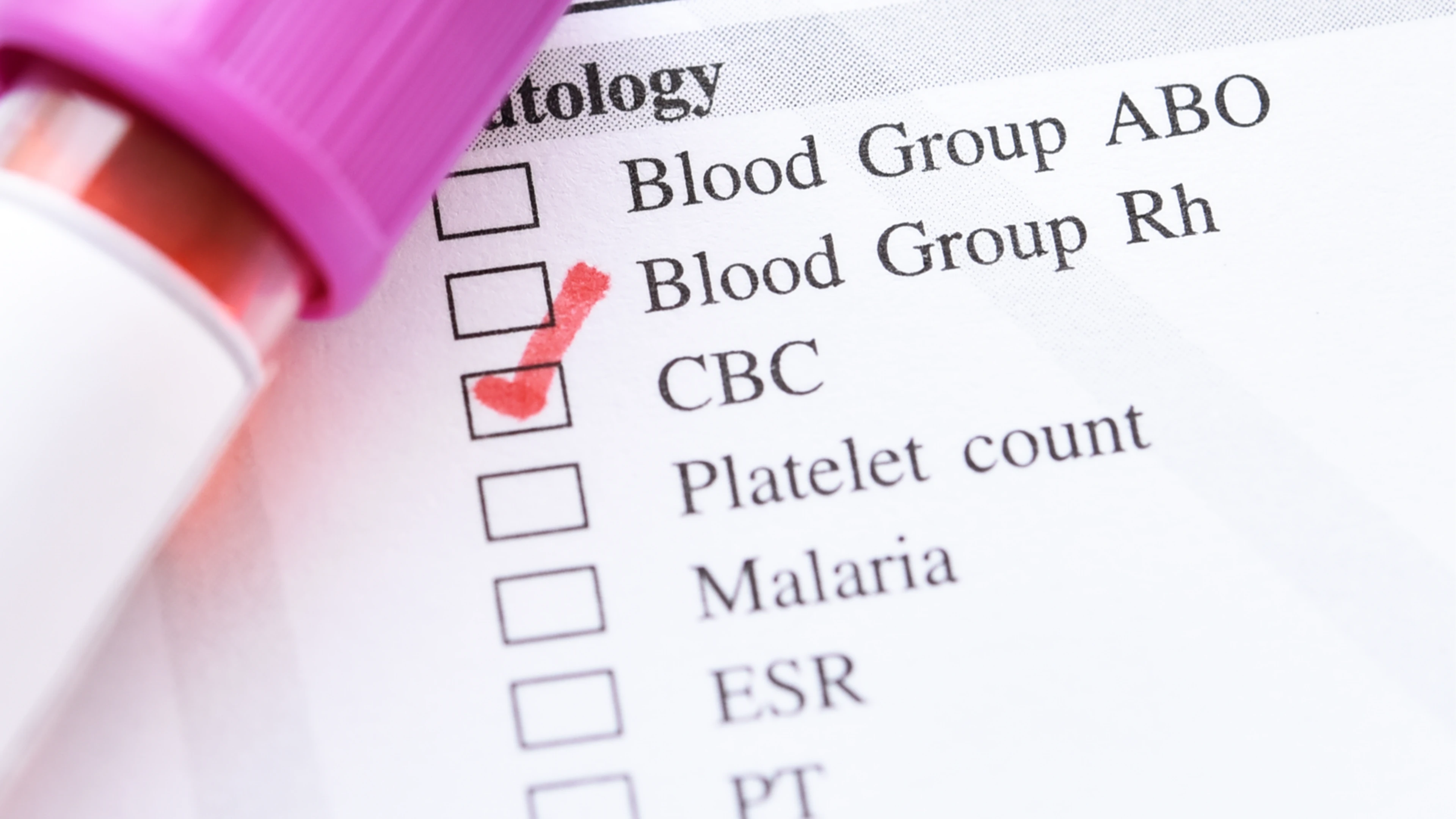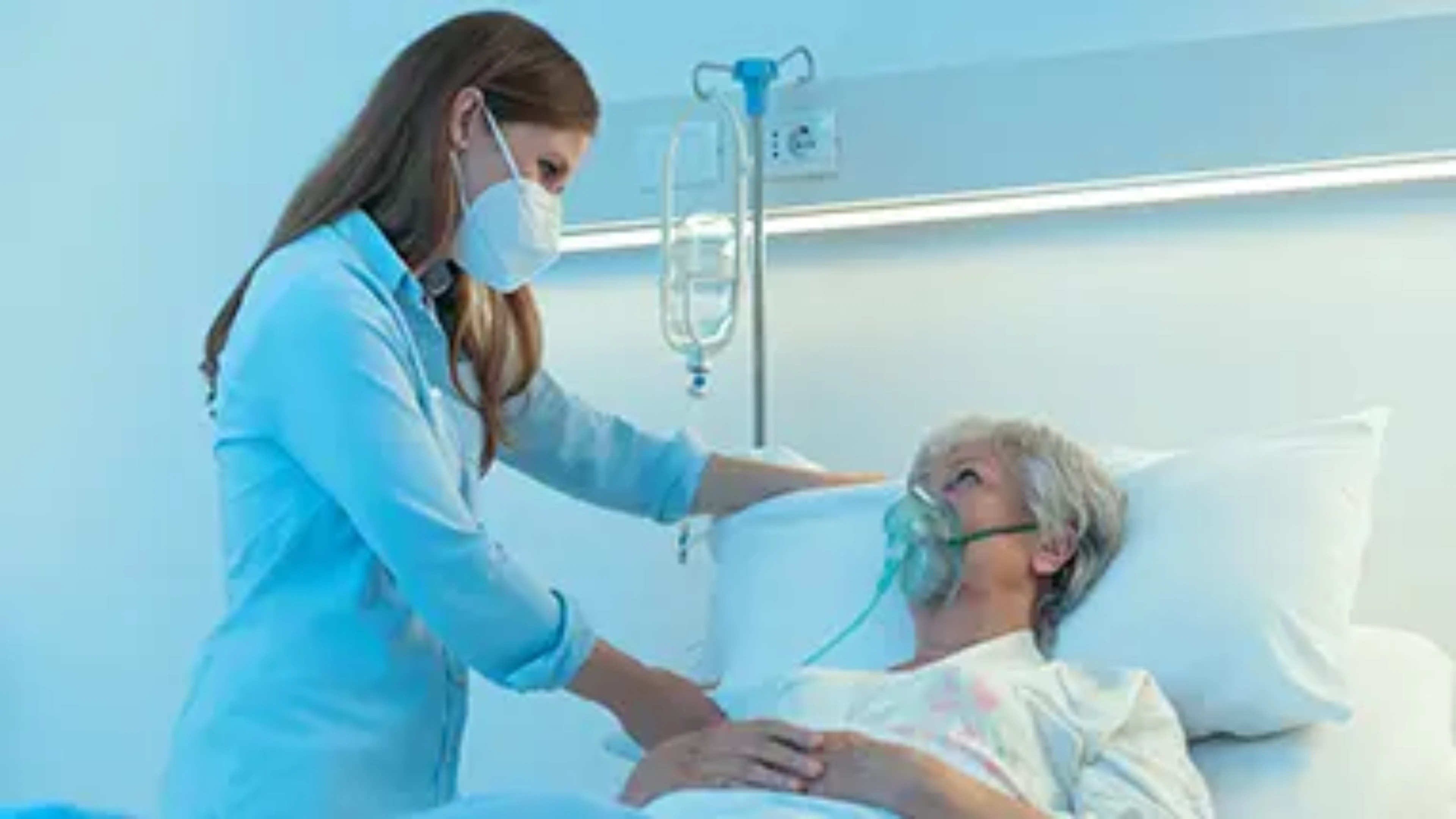
One minute to ignite new thinking in COPD
- Article
- Campus Sanofi
- Apr 1, 2024


Chronic Obstructive Pulmonary Disease (COPD) is a major health concern globally, with a significant impact on the quality of life and life expectancy of affected individuals. Surya Bhatt, a distinguished professor of medicine at the University of Alabama at Birmingham and a COPD researcher, provides valuable insights into the progression and management of this disease. This article will delve into key aspects of COPD exacerbations, drawing on the expertise of Dr. Bhatt to enhance our understanding.

This article discusses the role of blood eosinophils as a biomarker in patients with Chronic Obstructive Pulmonary Disease (COPD). It highlights that measuring blood eosinophil levels can help predict exacerbations, guide corticosteroid therapy, and tailor treatment strategies for COPD patients. The article emphasizes the importance of personalized treatment approaches based on eosinophil counts to improve patient outcomes and manage COPD more effectively.

Acute COPD exacerbations are linked to significant disease progression. Uncover criteria, symptoms, and treatment guidance to manage them in your patients.